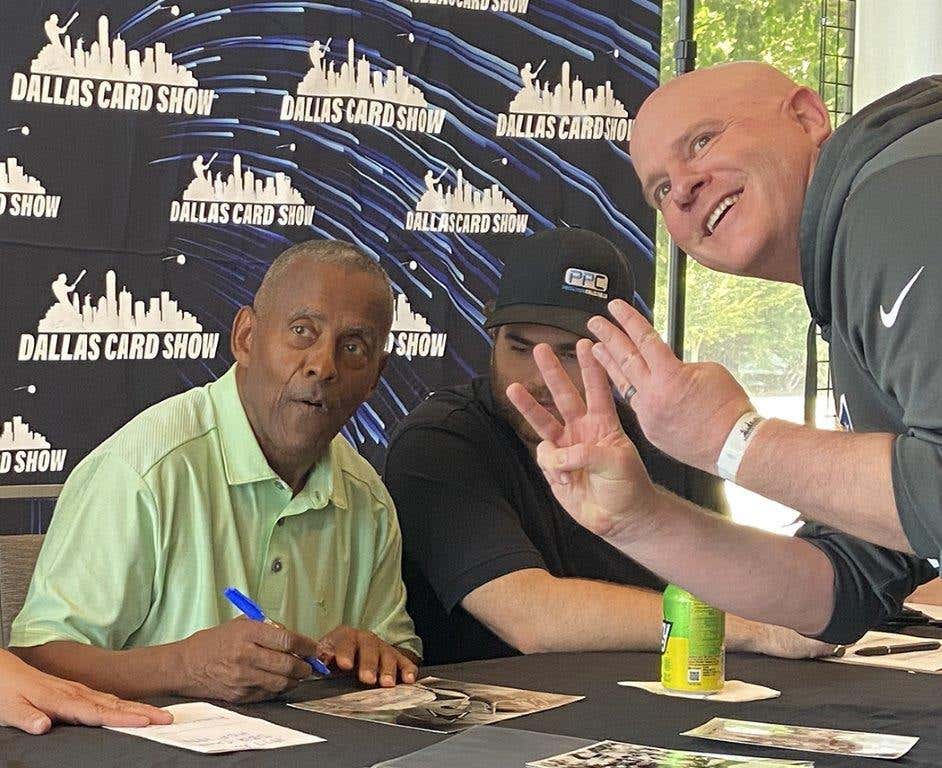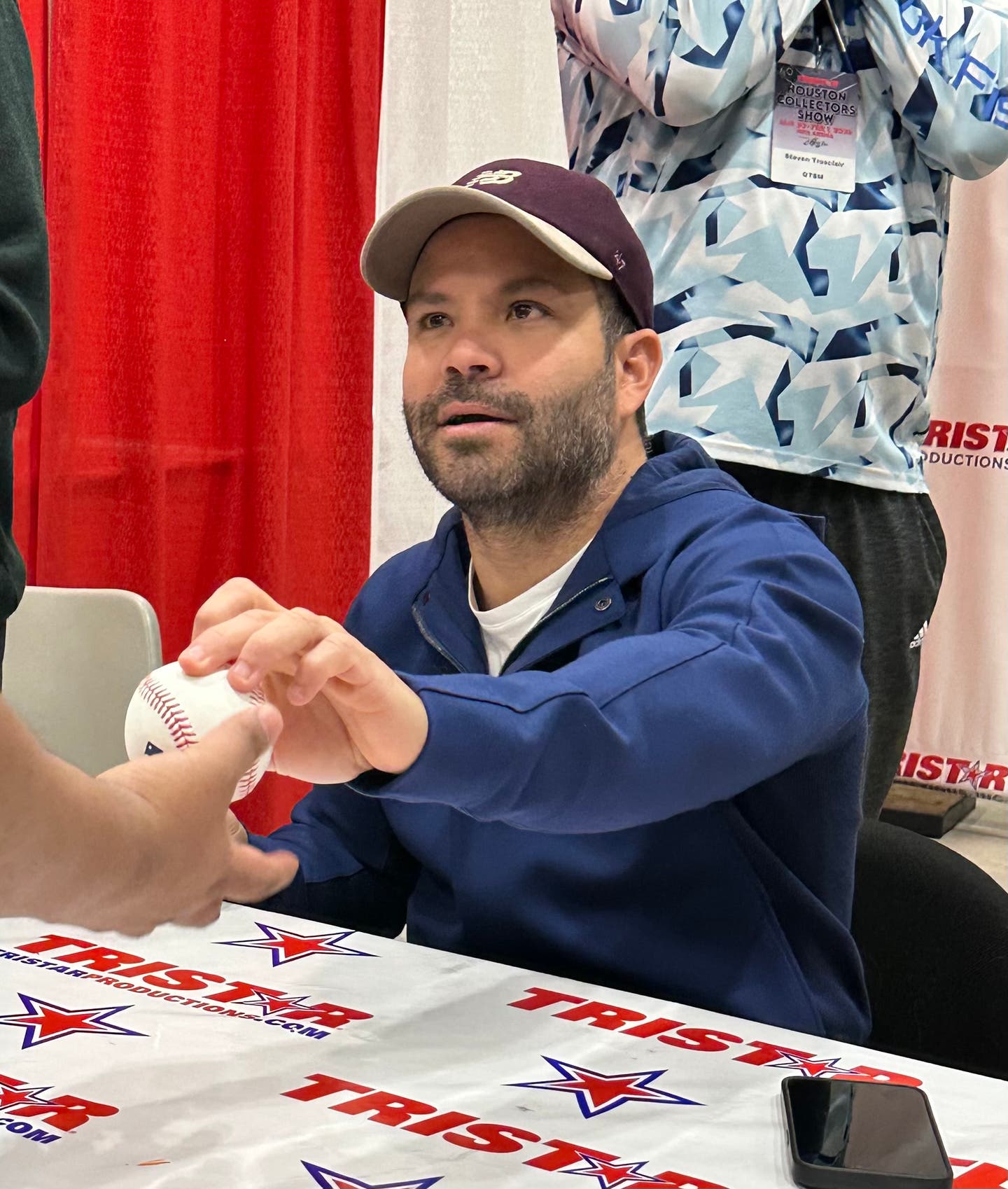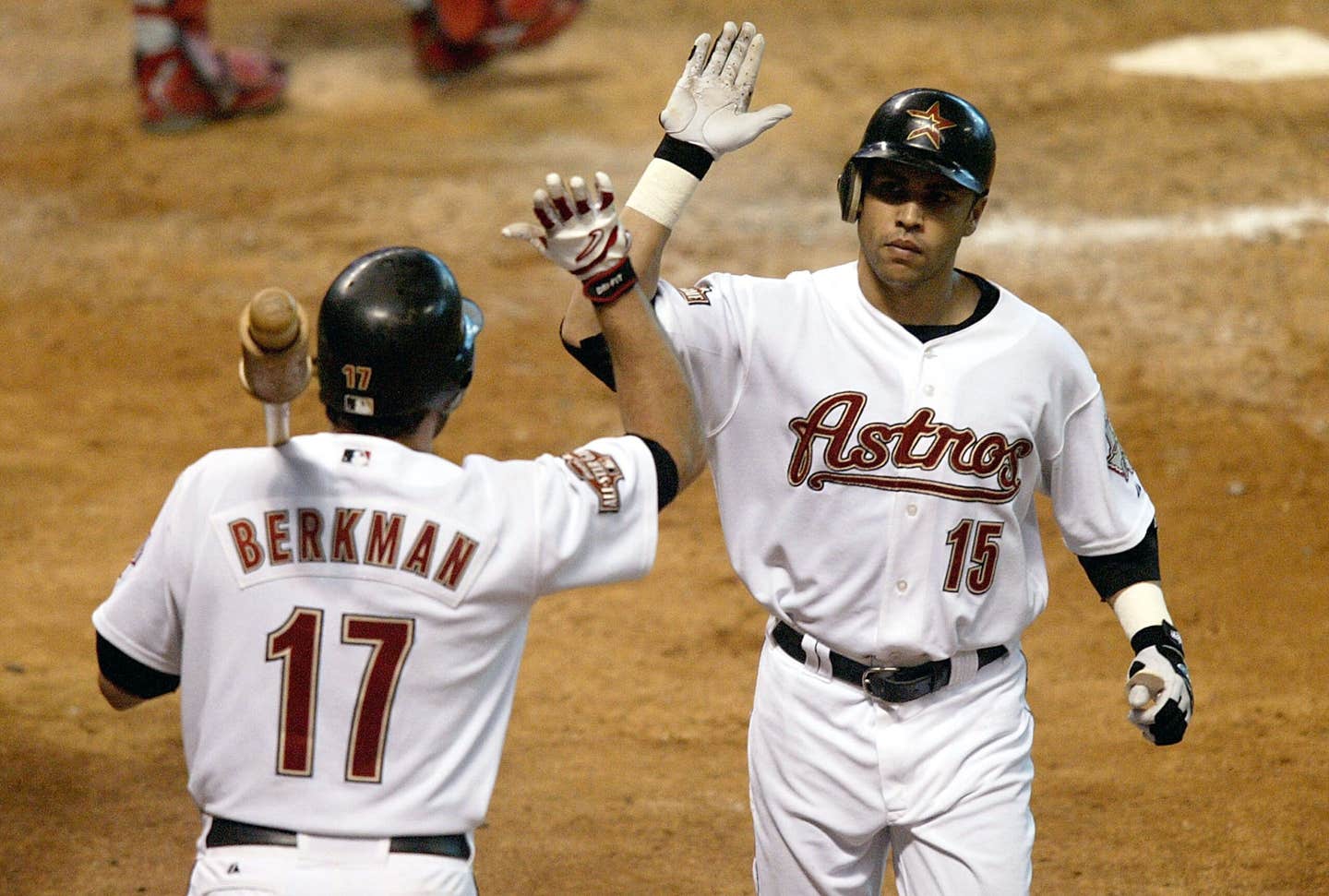Stephen Curry
‘Cap In Hand’ author explains why salary caps are killing pro sports
By Sal Barry
If there are two things that Bruce Dowbiggin loves, it is sports and business – or more specifically, the intersection between the two. He is a former sportscaster for the Canadian Broadcast Company (CBC) and writer for The Globe and Mail. Dowbiggin was a part of the investigation that put Alan Eagleson, the corrupt former head of the NHL Players’ Association, in prison.
He has also written numerous books about sports and business. His latest work, entitled “Cap in Hand,” explains how parity and the salary cap are ruining professional sports in North America. Dowbiggin recently spoke with Sports Collectors Digest about his new book, why pro sports must change, and how soccer gets it right.
Sports Collectors Digest: Why would someone want to read “Cap in Hand”?
Bruce Dowbiggin: If you’re like a lot of sports fans, who wonder why it is that every season starts with eight to 10 teams that basically say “we’re not going to try and compete,” then I think you’re going to want to read this book. This is a book about how we got to where sports are today, to the point where it is that teams don’t care about winning, that teams are tanking. It’s all in the service of parity for the major league sports in North America. I make the argument that the usefulness of parity is over. We want a new sports economy, and it’s time that the people that run the leagues understood that.
SCD: So, why write a book about the salary cap?
BD: I wanted to write a book about the 10 or 12 most-significant player contracts in history. I wanted to show the evolution from Babe Ruth to current contracts today. My publisher suggested that I put it in a bigger context. So, that’s where the idea came in, about how salary caps have done more harm to pro sports in North America than they have to help.
SCD: Why is the salary cap the main culprit?
BD: As you know, in baseball, football, basketball and hockey, we’ve lost seasons or half-seasons. We’ve lost considerable amounts of time where leagues have locked out its players to get salary caps. Was it worth it? No, it wasn’t. Whenever there is a labor lockout, the owners and their commissioner are always talking about that somehow this is going to keep ticket prices restrained. That doesn’t happen at all.
Look at Russell Wilson, or Steph Curry, or Connor McDavid. They’re the very best players in each of their leagues, the kind of people you want to build your league around. They’re the ones to market. And yet, these leagues do everything they can to make sure these guys lose. Now that they’re on good teams, the leagues want those teams to lose because the salary cap pushes down the amount of quality players they can have as teammates.
Think of the famous teams in history: the great Yankees, Packers or Canadiens teams. All of them were dominant teams – not just for a season or two, but for a period of time. Those are the teams that people remember. They don’t remember the teams trying to make the playoffs with two weeks left in the season. They remember greatness. The salary cap is all about rewarding mediocrity and defeating greatness.
SCD: In your book, you talk about how European clubs sponsor the training of homegrown talent.
BD: Yes. There is no draft. The teams created a system where they bring in prospects and train them. They’ll loan the players out to lower divisions to get them some playing experience. This also allows for teams to sign high-priced players, like Lionel Messi or Rolando. You have a free market in talent, all the time. Players get paid what they are worth. It is ridiculous that Connor McDavid gets stuck at $12.5 million per season, when frankly, he’s worth $50 million per season to the NHL. He’s taking a subsidy so that the other guys in the league can get paid more than what they are worth. I don’t think it’s unrealistic for a guy like that or a guy like Steph Curry or Russell Wilson to get paid what they’re really worth.
SCD: If the worst team would not get a first overall draft pick, what would be a better solution?
BD: What other business rewards mediocrity by giving them the best new employee to get them back on their feet? That’s the way sports works. We’re rewarding lousy sports organizations. The solution I propose is what they use in soccer in Europe. Have divisions, relegation and promotion, and play at the level you can afford.
I don’t want anyone to lose their team. All of the current teams should continue to exist, but at the level they could afford. We’d have a Premiership for big-market teams and a Second division, and that would be the level smaller-market teams would play at. That would recognize the real economic ability teams would have to compete. Why should players be subsidizing a league that wants to make New York compete equally with Buffalo?
Soccer is finally making inroads in North America because they built superstar teams with superstar players that everyone recognizes. I think most sports fans want to see the best players playing on the best teams. But the way the draft works is that it disperses talent all over the place, and we have mediocrity. We have teams that can’t get enough good players to become dominant teams.
SCD: How would you improve Major League Baseball?
BD: I would expand Major League Baseball to 50 teams, with 25 teams in a First Division and 25 teams in a Second Division. And again, you’d have promotion and relegation. You’d have free agency. And you’d allow the top teams, who could afford it, to acquire the best players. We’re seeing that with teams like the Red Sox and Dodgers doing that anyhow.
I know some might think it would be unfair to the teams at the bottom of a division, and that no one would want to watch them. But look at the NCAA. College sports in the U.S. are dominated by 10 or 15 excellent teams in each sport. Ohio State is always a great football team and North Carolina always has a great basketball team. The fact that they are great every year doesn’t bother anybody.
SCD: What was the most despicable thing to happen in labor relations between the teams and its players, in any league?
BD: The most despicable thing, at least in hockey, was that the NHL basically ran a house union under [NHL Players’ Association executive director] Alan Eagleson. The NHL and Eagleson repressed the ability of players to make money and get benefits for decades. Eagleson faked negotiations with the NHL.
SCD: Regarding labor negotiations, what was the biggest turning point for each of those four sports?
BD: For the NFL, it was when they broke the players’ union during the strike of 1987. The NFL basically set the superstars against the rank-and-file players.
For the NHL, it was the 2004 lockout, when the NHL owners finally got a salary cap for the league, and the players proved that they wouldn’t hang together in solidarity to resist the owners.
The most important labor moment in baseball had to be in 1994 when they lost the World Series due to a player strike.
For the NBA, the crucial moment was when they became the first of the four leagues to adopt a salary cap in 1984.
SCD: Who was the most important person for bettering the conditions for pro athletes?
BD: It would have to be [former MLB pitcher] Catfish Hunter, back in the mid-1970s, when the Oakland A’s tried to play fast and loose with him, and an arbitrator deemed him a free agent. It was important for the players, because they worried that if they were a free agent that nobody would sign them, or think that they were trouble. Catfish Hunter showed unequivocally that if they became free agents that there would be lots of teams that would go after them, and that their salaries would go right through the roof. And that’s exactly what happened.
SCD: Speaking of free agents, do you think it is unfair that the New York Islanders lost their franchise player, John Tavares, as an unrestricted free agent to the Toronto Maple Leafs, without getting anything in return?
BD: That’s business. Talent should be able to go where it can make its best return. Once these players get a certain amount of money, the only thing that matters on top of that is winning a championship. Tavares had every opportunity to evaluate the Islanders and whether they could win a championship, or if he was just wasting his best years. It’s the reason Steph Curry was able to attract good players to Golden State. It’s why Lebron James is able to attract players to the teams that he goes to. The players want the best product, and to play with championship talent. It’s all of the owners who are trying to perpetuate a system where they spread talent out over 30 or 32 teams and make it mediocre. u
Sal Barry is a frequent contributor to Sports Collectors Digest. He can be reached at sjb@puckjunk.com or on Twitter @puckjunk.








